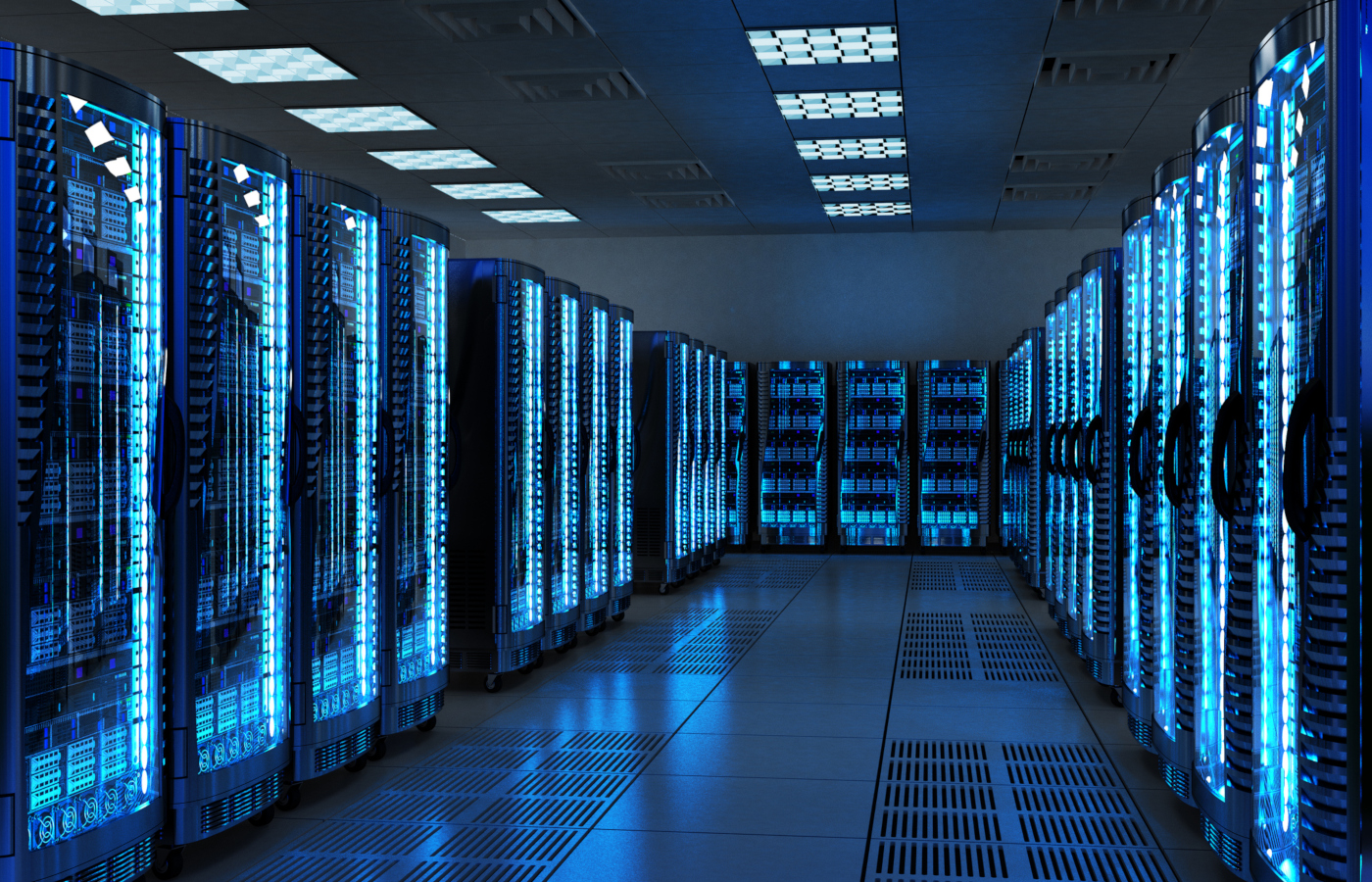Why System Servers Are Critical to Business Operations
System servers provide the essential infrastructure for contemporary enterprises, making them possible to function normally. They play a crucial role in maintaining the efficient operation of business operations and are thus crucial to any network. Massive volumes of information, including data on customers, financials, and intellectual property, are created and stored by enterprises in the modern digital era.
Servers in the system offer the space required to handle and store this information safely. To ensure that only authorized users have access to private data and applications, system servers also manage user access. This is essential for preventing hacking and other forms of data leak and preserving user confidence in online services.
In this blog, we will discuss why system servers are critical to business operations.
System Servers Critical To Business Operations – Why?
Provides Centralized Storage
Servers in a centralized system store and manage data for the whole network. This implies that information formerly dispersed across several gadgets is now kept in a centralized location on the server. System servers provide more effective administration and organizing of data by centralizing it in this manner.
Instead of looking for information on each individual device, users can simply access it from anywhere on the network. Because of the ease with which files and data can be shared and accessed by all authorized users, centralized storage also facilitates more efficient cooperation among team members.
Amount of Time and Effort Required Reduced
System storage servers can speed up and simplify many office processes, saving valuable time and resources. When information is spread over several computers and other media, retrieving it can be a tedious and time-consuming process. The ability to swiftly and easily access files and data from anywhere on the network is made possible by centralizing data on a server.
Users can stop wasting time switching between devices to get the information they need, which can lead to considerable time savings and enhanced productivity. Backups and software upgrades are two examples of the kinds of mundane operations that can be automated by using system storage servers.
High Levels of Reliability and Uptime
The uptime and dependability of system servers can be quite good. This is essential for any company or group that relies heavily on its IT systems to function. Redundancy is one method through which system storage servers attain very high levels of dependability. Data loss due to hardware failure or other difficulties can be reduced by deploying many servers and ensuring that data is duplicated between them.
In addition, system storage servers can be built with redundancy in mind, both in terms of power sources and cooling mechanisms. In the case of hardware failure, they will still be able to function thanks to this.
Advanced Security Features
Protecting sensitive information and preventing unwanted access are two of the primary responsibilities of system storage servers. Data breaches and other security issues can be avoided if IT professionals limit access to critical data and applications to authorized users only.
Firewalls and intrusion detection and prevention systems can be included into the architecture of system servers to detect and foil any efforts at hacking. In addition, they can be set up to conduct regular security scans and audits. This can help IT experts spot flaws and deal with possible threats ahead of time.
Highly Scalable
System servers make it simple for firms to expand their capacities as their needs do. The storage capacity can be expanded by adding more drives, either traditional hard disks or modern solid-state drives. This can be done without slowing down the server or disrupting service for users.
System storage servers can also be made more powerful by installing more processing cores or memory. The server’s processing capacity and speed can both benefit from this, enabling it to take on more requests and work. Moreover, a bigger and more potent computer system can be built by clustering together system storage servers.
Cost-Effective
- Numerous system storage servers have extended service lives and are constructed to deal with the stresses of 24/7 use. This ensures that businesses may provide their computer services for a long time while maintaining excellent performance and reliability. The frequency of updates and replacements may be lowered as a result.
- System storage servers also contribute to lower IT personnel expenses since their management takes less time and effort than managing several individual servers. This can free up IT professionals to concentrate on more business-friendly strategic projects.
- By supporting virtualization, system storage servers can also be made more affordable. Businesses can run different operating systems and applications on a single server thanks to virtualization, which eliminates the need for extra hardware and software licensing.
Summing It Up
Modern enterprises couldn’t run without system servers. They offer the framework for archiving and protecting information, exchanging and collaborating on data, and launching and operating applications. System servers are crucial to the operation of any network, and their significance cannot be emphasized. Another crucial feature of these servers is their use of cloud computing, which enables enterprises to expand with more efficiency and lower overhead costs.














